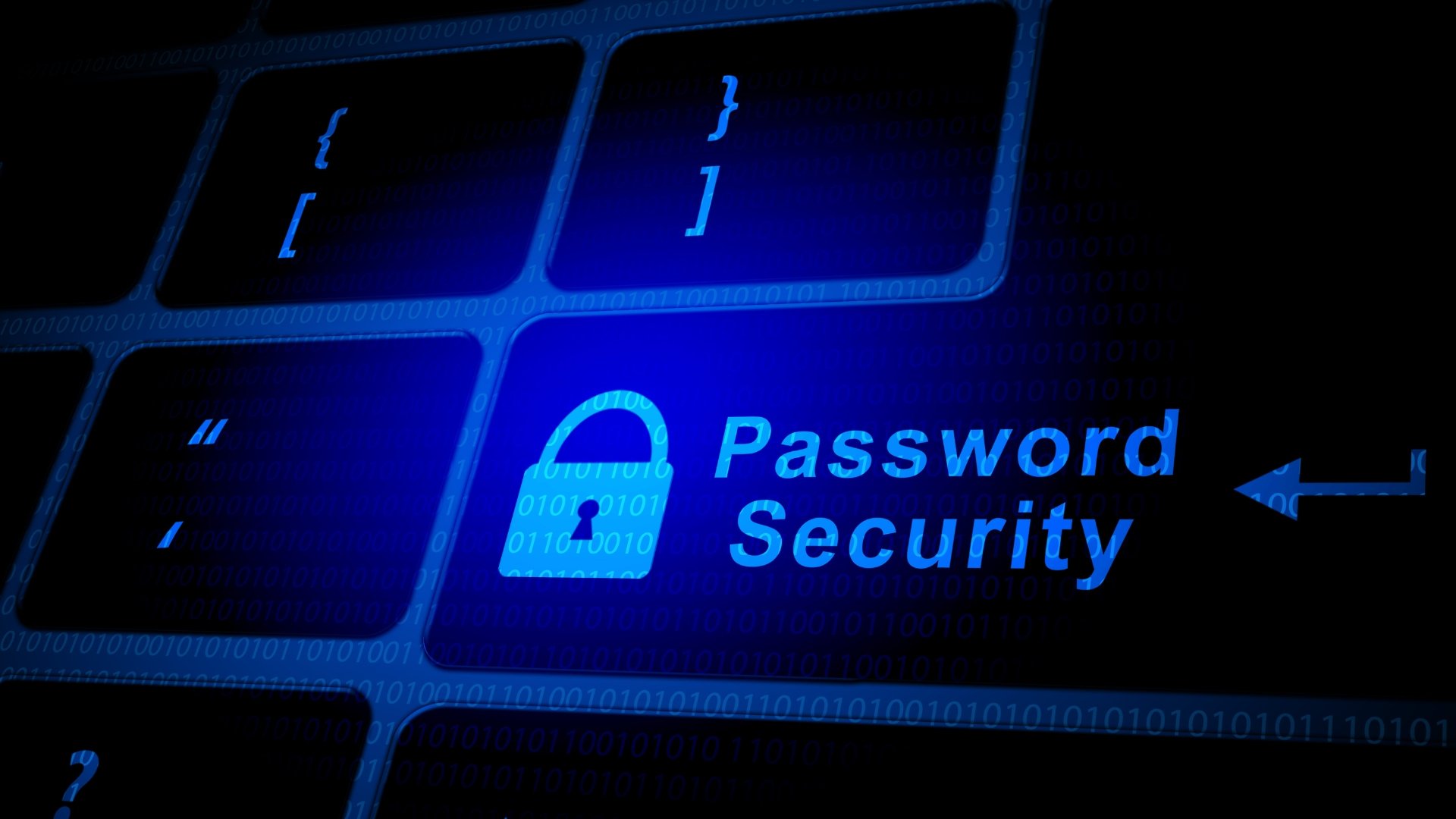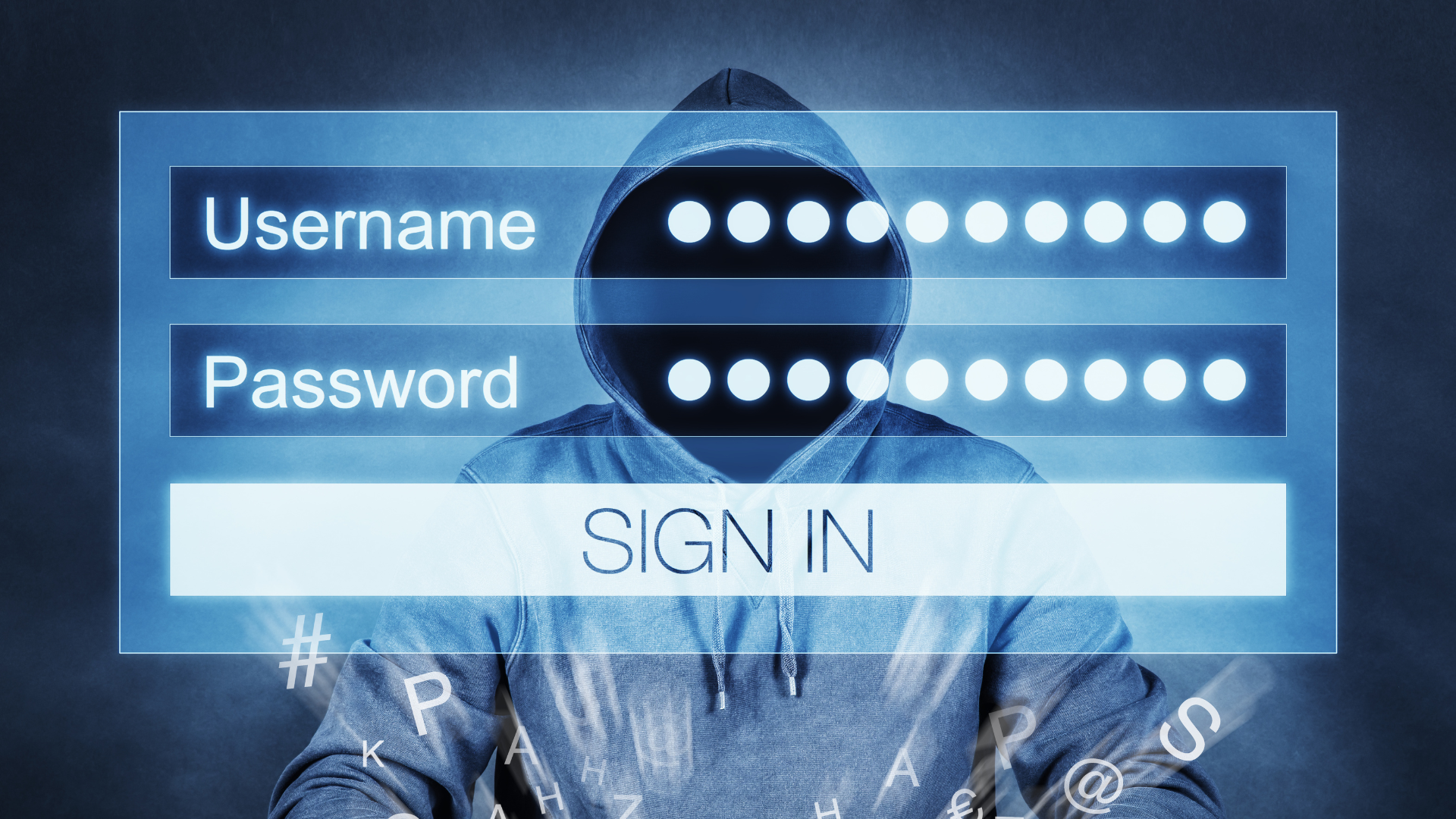How Secure is my Password
In our digital age, passwords stand as the guardians of our online presence. From social media accounts to bank logins, they act as the first line of defense against cyber threats, but too often, we don’t properly safeguard them. At Bizco, we recognize the pivotal role that secure passwords play in protecting your sensitive data amidst the rising tide of cyber threats. So today, we’ll help you understand what it means to craft, store, and monitor a secure password.
1. Complexity Matters
Creating a robust password involves more than just picking a word or number combination. Length, complexity, and randomness are key. Avoid easily guessable phrases or common sequences like "smith123" or “bizcopassword.” Instead, opt for a mix of uppercase, lowercase letters, numbers, and special characters.
Consider crafting passphrases—a series of unrelated words or a sentence—that are easier to remember and harder to crack. Plus, a password’s complexity and length directly impact its resilience against brute force attacks. Longer passwords with varied characters create exponentially more possibilities, making them harder to decipher.
2. Multi-Factor Authentication (MFA)
In some cases, passwords alone might not suffice against sophisticated attacks. Implementing MFA provides an additional layer of defense by requiring multiple forms of verification—such as a password coupled with a fingerprint scan, a security token, or a unique code sent to your phone. This multi-tiered approach significantly mitigates the risk of unauthorized access even if a password is compromised.
Moreover, emphasizing the significance of MFA across your company, especially for sensitive data or critical systems, is crucial. Its utilization is steadily becoming a standard practice in securing online accounts and should be adopted wherever possible.
3. Regular Updates and Unique Passwords
Frequent password changes are essential in mitigating successful breaches. Reusing passwords across multiple accounts poses a significant risk, since if one account is compromised, others become vulnerable. Instead, use a reliable password manager to streamline the process by generating and storing unique, complex passwords for each account. This enhances your corporate security without the burdens of memorizing complex passphrases.
Moreover, implementing company-wide policies advocating for regular password updates and discouraging password sharing strengthens organizational cybersecurity protocols.
4. Encryption and Secure Platforms
Additionally, the importance of encryption can't be overstated. When entering a password on a secure platform, it undergoes encryption—transforming it into an unreadable code. This cryptographic process shields the password from being easily deciphered, even if an unauthorized party gains access to the data.
For example, solely use encrypted password banks and HTTPS-secured sites. Additionally, teaching your employees about encrypted connections, SSL/TLS protocols, and the significance of utilizing secure platforms amplifies the collective effort toward a safer online environment.
5. Educating Users on Social Engineering Threats
Beyond the technical aspects, understanding and recognizing social engineering tactics is vital. Hackers often exploit human psychology rather than technical vulnerabilities to access sensitive information. Phishing, pretexting, and other techniques trick individuals into divulging their passwords or other confidential data.
Educating users about these tactics and fostering a culture of vigilance significantly bolsters overall cybersecurity. Training programs, simulated phishing exercises, and regular awareness sessions help your employees identify and thwart social engineering attempts. With an organization-wide team to help, you can reinforce and safeguard your passwords, passphrases, and data.
6. Continuous Monitoring and Incident Response
Finally, even with robust security measures in place, threats evolve. Continuously monitoring your systems and networks is crucial to promptly detect any anomalies or suspicious activities. Implementing robust incident response plans ensures a swift and effective reaction to potential breaches.
Regular security audits, intrusion detection systems, and real-time monitoring tools aid in identifying and addressing security gaps. Establishing clear protocols for incident response minimizes the impact of potential breaches, mitigating risks associated with compromised passwords or unauthorized access.
You Don't Need to Wonder "How Secure is my Password?"
Knowing “how secure is my password” means you should consider its complexity, MFA usage, updates, uniqueness, and encryption. At Bizco, we're committed to empowering individuals and organizations with knowledge, tools, and services that help them fortify their digital defenses. The significance of password security extends beyond individual responsibility—it's a collective effort in combating cyber threats. Prioritizing password security isn't just a suggestion; it's an imperative shield in today's ever-evolving digital landscape.







